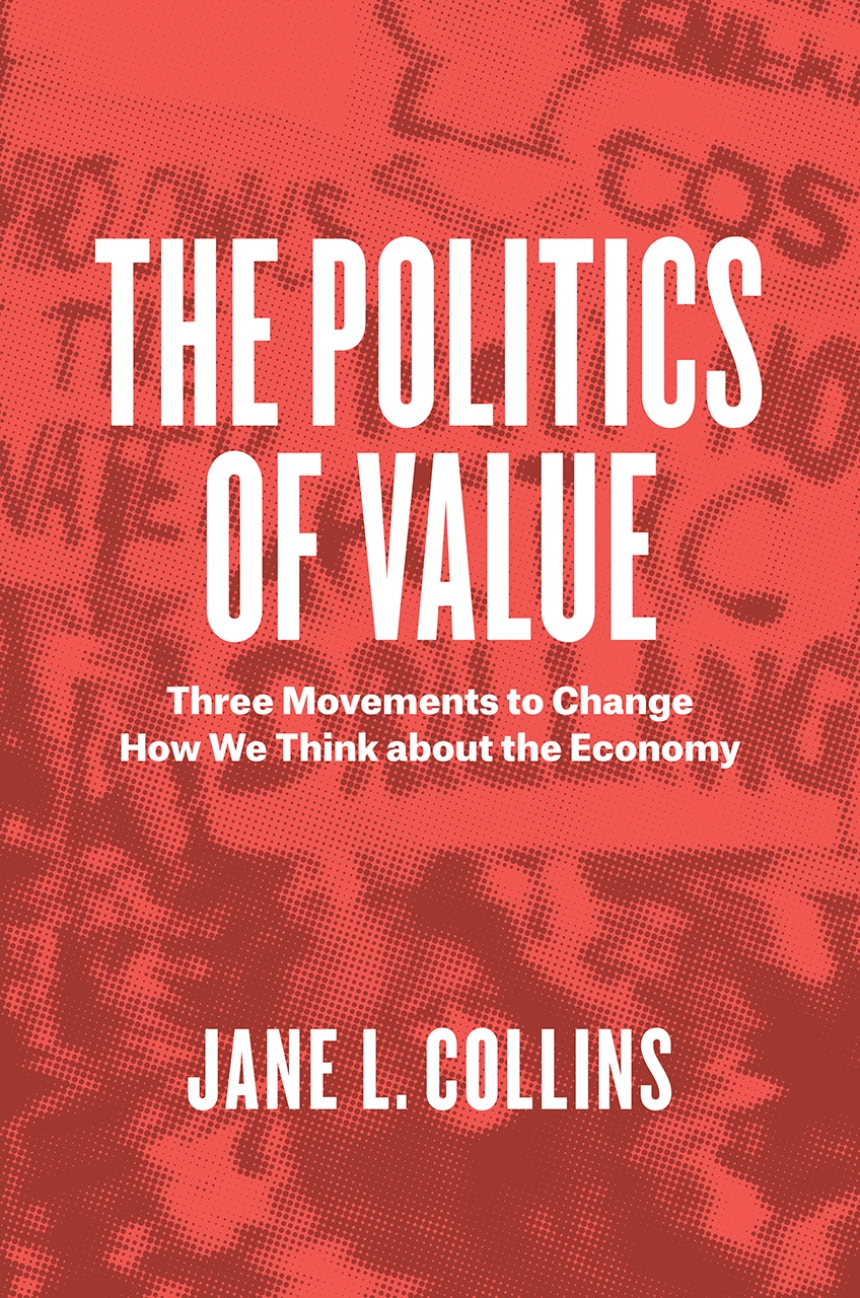The Politics of Value
Three Movements to Change How We Think about the Economy
9780226446141
9780226446004
9780226446288
The Politics of Value
Three Movements to Change How We Think about the Economy
The Great Recession not only shook Americans’ economic faith but also prompted powerful critiques of economic institutions. This timely book explores three movements that gathered force after 2008: the rise of the benefit corporation, which requires social responsibility and eschews share price as the best metric for success; the emergence of a new group, Slow Money, that fosters peer-to-peer investing; and the 2011 Wisconsin protests against a bill restricting the union rights of state workers.
Each case shows how the concrete actions of a group of citizens can prompt us to reflect on what is needed for a just and sustainable economic system. In one case, activists raised questions about the responsibilities of business, in the second about the significance of local economies, and in the third about the contributions of the public sector. Through these movements, Jane L. Collins maps a set of cultural conversations about the types of investments and activities that contribute to the health of the economy. Compelling and persuasive, The Politics of Value offers a new framework for viewing economic value, one grounded in thoughtful assessment of the social division of labor and the relationship of the state and the market to civil society.
Each case shows how the concrete actions of a group of citizens can prompt us to reflect on what is needed for a just and sustainable economic system. In one case, activists raised questions about the responsibilities of business, in the second about the significance of local economies, and in the third about the contributions of the public sector. Through these movements, Jane L. Collins maps a set of cultural conversations about the types of investments and activities that contribute to the health of the economy. Compelling and persuasive, The Politics of Value offers a new framework for viewing economic value, one grounded in thoughtful assessment of the social division of labor and the relationship of the state and the market to civil society.
192 pages | 6 x 9 | © 2017
Economics and Business: Economics--General Theory and Principles, Economics--Urban and Regional
Sociology: Individual, State and Society, Social Change, Social Movements, Political Sociology
Reviews
Table of Contents
Acknowledgments
Chapter 1. Introduction
Chapter 2. Value and the Social Division of Labor
Chapter 3. Benefit Corporations: Reimagining Corporate Responsibility
Chapter 4. Slow Money: The Value of Place
Chapter 5. Value and the Public Sector
Chapter 6. Conclusion: Comparing the Three Revaluation Projects
Notes
Index
Chapter 1. Introduction
Chapter 2. Value and the Social Division of Labor
Chapter 3. Benefit Corporations: Reimagining Corporate Responsibility
Chapter 4. Slow Money: The Value of Place
Chapter 5. Value and the Public Sector
Chapter 6. Conclusion: Comparing the Three Revaluation Projects
Notes
Index
